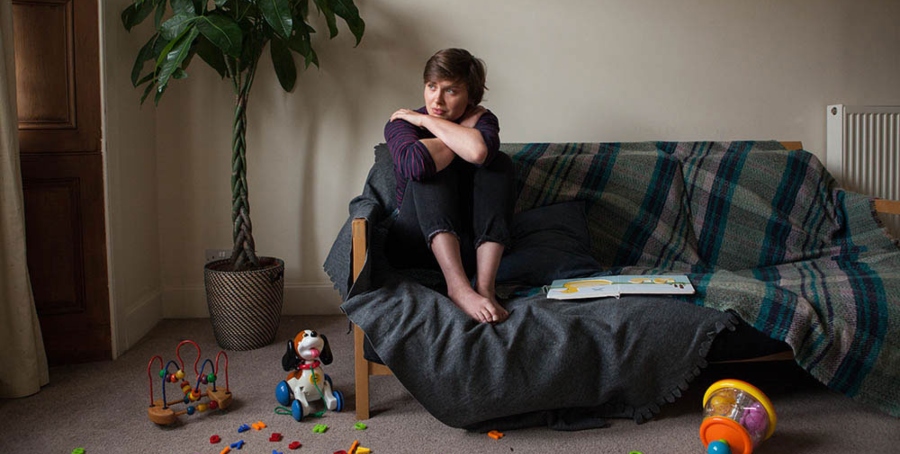Researchers to study case file data of domestic abuse murders

Researchers are to study police files of domestic abuse murders in Scotland in a bid to prevent future deaths.
Academics from Glasgow Caledonian University will analyse data to identify patterns of behaviour and highlight safeguarding opportunities.
The study, which has the backing of Police Scotland and violence against women charities, will focus on cases where a woman was killed by an abusive partner or an ex.
A number of domestic homicide cases over a period of 10 years have been selected for in-depth analysis.
Glasgow Caledonian is collaborating with Police Scotland, the Scottish Institute for Policing Research, Scottish Women’s Aid, ASSIST and EmilyTest on the project, the first of its kind in Scotland.
Researchers analysing the cases will look at the perpetrator’s background and previous criminal justice interaction, identify risk factors and pinpoint opportunities for intervention.
Professor Lesley McMillan, of Glasgow Caledonian, who is leading the study, said: “Our goal is to more fully understand the domestic homicide of women, the patterns of behaviour that precede it, the challenges it presents in terms of prevention, and the opportunities that may exist for safeguarding.
“The in-depth analysis of homicide cases will allow us to explore perpetrator characteristics, patterns of behaviour and abuse.
“We are looking forward to working with our partners and we greatly value their participation.”
It’s hoped the pilot project, funded by the Economic and Social Research Council, will pave the way for a larger study into domestic homicide that will also include ‘hidden homicides’ – suicides related to domestic abuse.
Dr Marsha Scott, chief executive of Scottish Women's Aid, said: "We have long advocated for more focus, data, and action to prevent domestic abuse deaths in Scotland.
"The project creates a new collaboration that builds upon existing partnerships and has the potential to deliver meaningful and sustainable results that will be invaluable."
Fiona Drouet, founder of the charity EmilyTest, which was set up after her daughter Emily took her own life after being subjected to a relentless campaign of gender-based violence, added: "We very much welcome this work, not least the potential of reviewing hidden homicides.
"Given the continued epidemic of violence against women and girls and the number of lives lost through murder and suicide, we are fully committed to working in collaboration with valued partners in this field."
